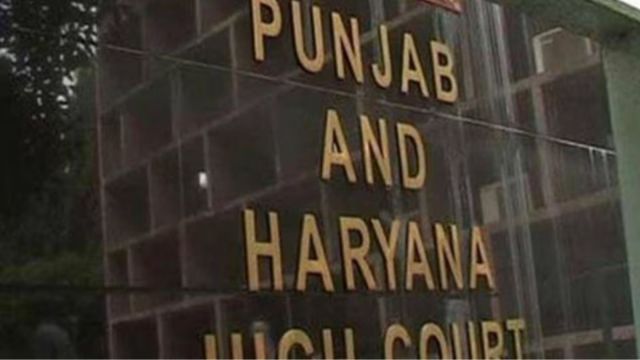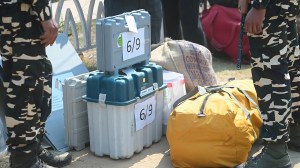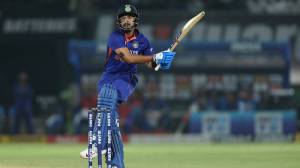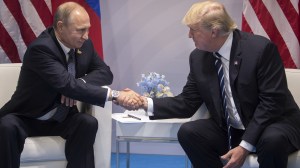Punjab and Haryana HC rules in favour of Army widow’s right to adopt, grants benefits to children
She had adopted two children 13 years after her husband, a sepoy in the Jat regiment was killed in action
 The case involved Nirdesh Devi, widow of late Sepoy Ramesh Kumar of the Jat Regiment, who “suffered battle casualty” on 25 February 2000 (Express Archives)
The case involved Nirdesh Devi, widow of late Sepoy Ramesh Kumar of the Jat Regiment, who “suffered battle casualty” on 25 February 2000 (Express Archives)The Punjab and Haryana High Court has ruled that the legally adopted children of a war widow are entitled to the same benefits as biological children of deceased soldiers, setting aside an earlier decision that denied them educational benefits. The division bench, comprising Justice Sanjeev Prakash Sharma and Justice Meenakshi I. Mehta, held that the widow’s right to adopt is protected under the Hindu Adoption and Maintenance Act, 1956, and that such an adoption must be recognised for all consequential benefits.
The case involved Nirdesh Devi, widow of late Sepoy Ramesh Kumar of the Jat Regiment, who “suffered battle casualty” on 25 February 2000. She had married Ramesh Kumar on 5 February 1999, but they remained childless at the time of his death. Facing societal pressures, she adopted two children, Nikhil and Nancy, from her husband’s elder brother in 2013 through a registered adoption deed. Seeking to secure educational benefits for them under a government scheme for children of personnel below officer rank (PBOR) killed or permanently disabled in action, she submitted a request to the army authorities.
However, her application was rejected based on a Ministry of Defence (MoD) letter dated 28 August 2002, which stipulated that only serving personnel or living ex-servicemen could adopt children for the purposes of government benefits. Further, the army declined to issue a Part-II order—the official military record of adoption—for the children, stating that adoption after the death of a soldier was not recognised for welfare benefits.
Devi challenged this decision in the Punjab and Haryana High Court, but her writ petition was dismissed by a single judge. She then filed an appeal before the division bench, arguing that under Section 8(c) of the Hindu Adoption and Maintenance Act, a widow has the right to adopt, and such adoption carries full legal validity. Her counsel further contended that the MoD letter did not explicitly bar the recognition of adopted children in cases where the soldier had died in action.
During the appeal, it was revealed that in December 2016, while the case was pending, the army had briefly recognised the adoption by issuing a Part-II order and granting the children Education Scholarship Entitlement Cards. However, in 2017, the army withdrew this recognition, citing a clerical error. The High Court took serious note of this reversal, calling it arbitrary and against public policy.
The division bench ruled that once an adoption is legally valid under Hindu law, the rights of the adopted children must be treated as equivalent to those of biological children. The court observed that the army’s interpretation of the MoD policy was incorrect, as it did not explicitly bar adoption by widows. It further noted that denying benefits to legally adopted children of deceased personnel violated the principles of fairness and equality.
Setting aside the single judge’s order, the bench quashed the army’s rejection order dated 6 February 2014 and directed that the benefits be restored to Devi’s adopted children. The court also held that the MoD letter of 2002 must be interpreted in a manner that includes children adopted by war widows, ensuring that they are not unfairly excluded from entitlements granted to soldiers’ families.







